German reunification: how the world reacted
This week marks the 28th anniversary of the formal dissolution of the German Democratic Republic
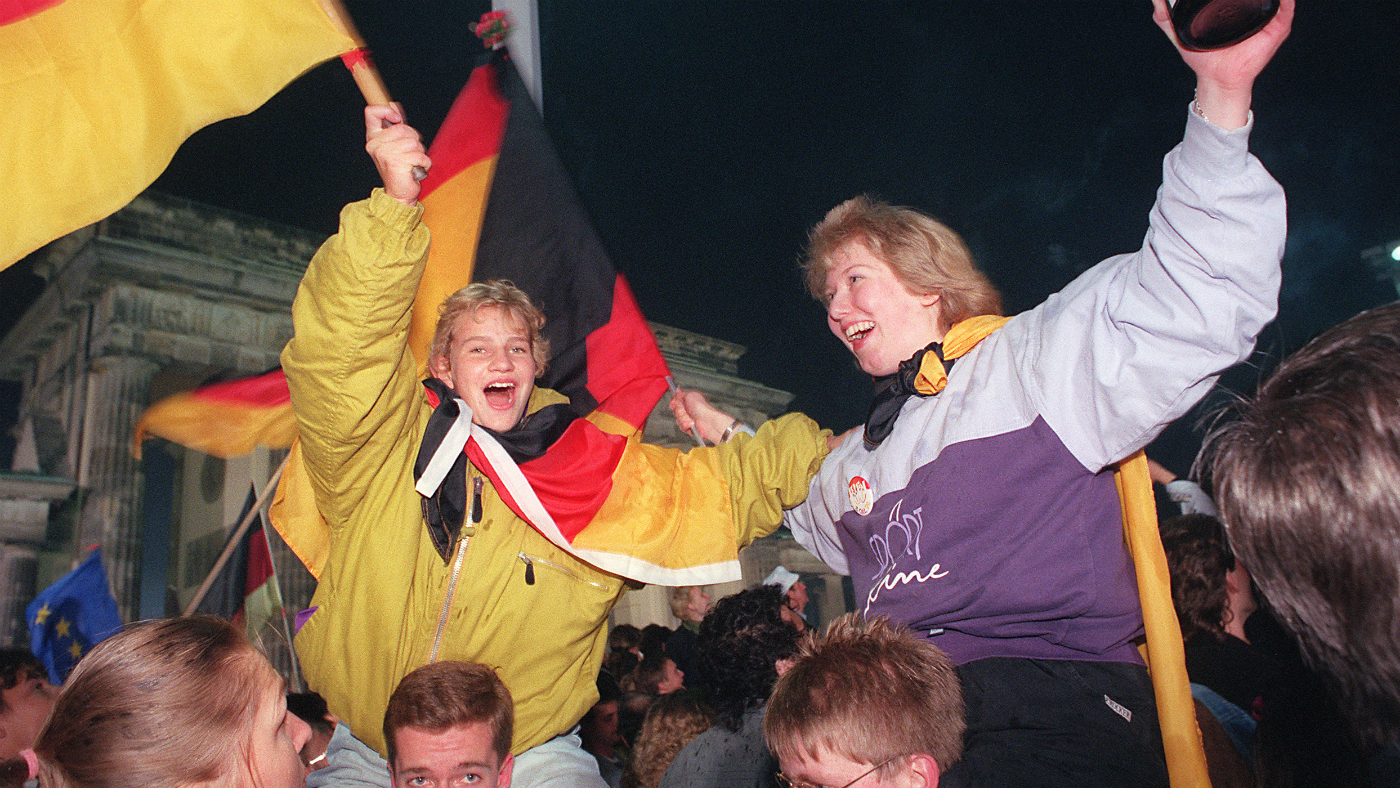
A free daily email with the biggest news stories of the day – and the best features from TheWeek.com
You are now subscribed
Your newsletter sign-up was successful
On 3 October 1990, more than four decades of separation came to an end as East and West Germany officially reunited to become a single nation once more.
Germany had been carved in two in 1949, following the country’s defeat in the Second World War and subsequent occupation by the Allied and Soviet forces. The conquerers divided the nation along their own ideological lines, with the western half becoming the democratic and capitalist Federal Republic of Germany, while the Soviet-controlled East became the authoritarian German Democratic Republic.
Even the capital, Berlin - geographically situated in the east - was split in two, by the Berlin Wall.
The Week
Escape your echo chamber. Get the facts behind the news, plus analysis from multiple perspectives.

Sign up for The Week's Free Newsletters
From our morning news briefing to a weekly Good News Newsletter, get the best of The Week delivered directly to your inbox.
From our morning news briefing to a weekly Good News Newsletter, get the best of The Week delivered directly to your inbox.
This 12ft-high barrier was finally demolished after East Germany’s ruling communist party, the Socialist Unity Party of Germany (SED), announced in November 1989 that every citizen of East Germany would be allowed to travel to the West. The decision, triggered by the collapse of the Iron Curtain, paved the way for an official reunification the following year, under the leadership of Helmut Kohl.
A defining era of European politics had come to an end within a matter of months, and a new one had begun.
Here’s how the news was reported at the time:
Arrangements
A free daily email with the biggest news stories of the day – and the best features from TheWeek.com
In August 1990, with only weeks to go before the historic treaty was to come into effect, The Guardian described the reaction from the two sides as mixed.
Politicians in West Germany expressed a combination of “relief and joy” as “months of uncertainty” was brought to an end when deputies in the East German parliament voted in favour of reunification. However, some of the East Germans expressed concern “amid warnings that it would take years to rebuild the shattered East German economy”.
Closer to the reunification date, other dissenting voices warned of the potential threat posed by a unified German state, with British Prime Minister Margaret Thatcher telling multiple heads of state: “We beat the Germans twice, and now they’re back”.
German politicians on both sides quickly reassured fellow Europeans that a unified Germany meant “greater responsibility, not striving for power”, with no need to fear a repeat of the “infinite suffering” inflicted by the old, expansionist Germany.
The reunification
On 2 October, hundreds of thousands of people lined the streets of cities across both East and West Germany in anticipation of the formal reunion, which would take place at exactly midnight. A unified German flag was raised over the historic Reichstag building, and the Cold War drew one step closer to the end.
On the BBC’s Breakfast News programme the following morning, newsreader Laurie Mayer said is was the day that “the last scars of the Second World War were healed”, while reporter Martin Bell described it as “the birth of a new Germany”.
[[{“type”:“media”,“view_mode”:“content_original”,“fid”:“129426″,”attributes“:{”class“:”media-image“}}]]
CBS reporter Tom Fenton, broadcasting live from the Reichstag, said the process had “happened with such speed that even the Germans themselves are stunned”. Although the mood was overwhelmingly celebratory, he said, there had also been some ugly scenes as “emotions bottled up for 45 years boiled over” once the “goose-stepping” East German military had been ordered to stand down for the final time.
[[{”type“:”media“,”view_mode“:”content_original“,”fid“:”129427″,“attributes”:{“class”:“media-image”}}]]
ABC News’s approach was somewhat more philosophical, with anchor Peter Jennings saying: “For East Germany, so much has disappeared. No more flag. No more police. No more army. And some East Germans might say no more East German identity.”
He added that it is “a moment for extraordinary celebration in that it marks the true end” of WWII, but also “a time of great uncertainty”.
Meanwhile, even Thatcher sent Kohl a congratulatory letter, in a sign that the reconciliation zeitgeist had extended far beyond the borders of the new united Germany.
-
 Local elections 2026: where are they and who is expected to win?
Local elections 2026: where are they and who is expected to win?The Explainer Labour is braced for heavy losses and U-turn on postponing some council elections hasn’t helped the party’s prospects
-
 6 of the world’s most accessible destinations
6 of the world’s most accessible destinationsThe Week Recommends Experience all of Berlin, Singapore and Sydney
-
 How the FCC’s ‘equal time’ rule works
How the FCC’s ‘equal time’ rule worksIn the Spotlight The law is at the heart of the Colbert-CBS conflict
-
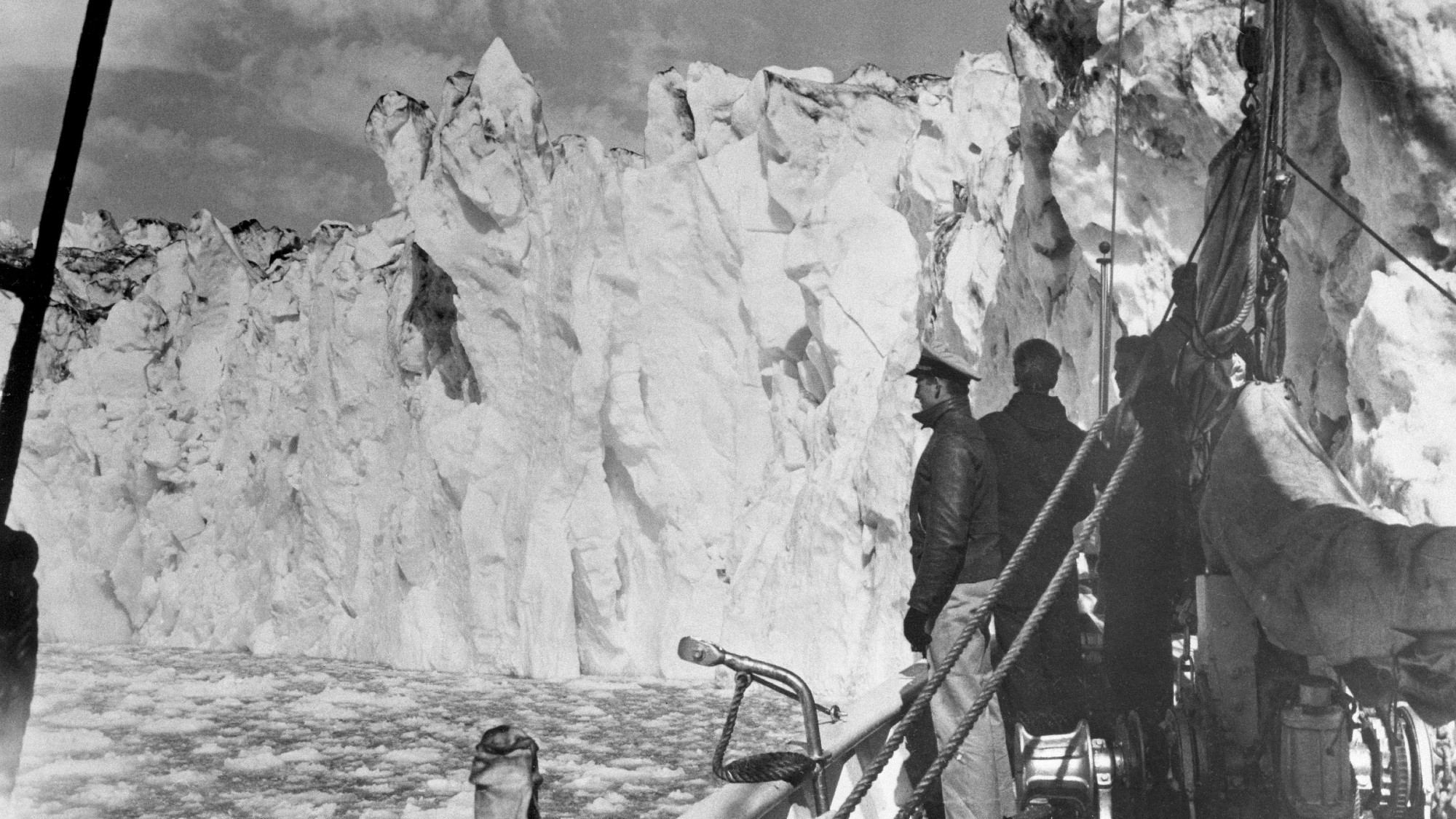 Why Greenland has been a US military stronghold since the Second World War
Why Greenland has been a US military stronghold since the Second World WarIn Depth American interest in acquiring Greenland is rooted in decades of military and economic strategy
-
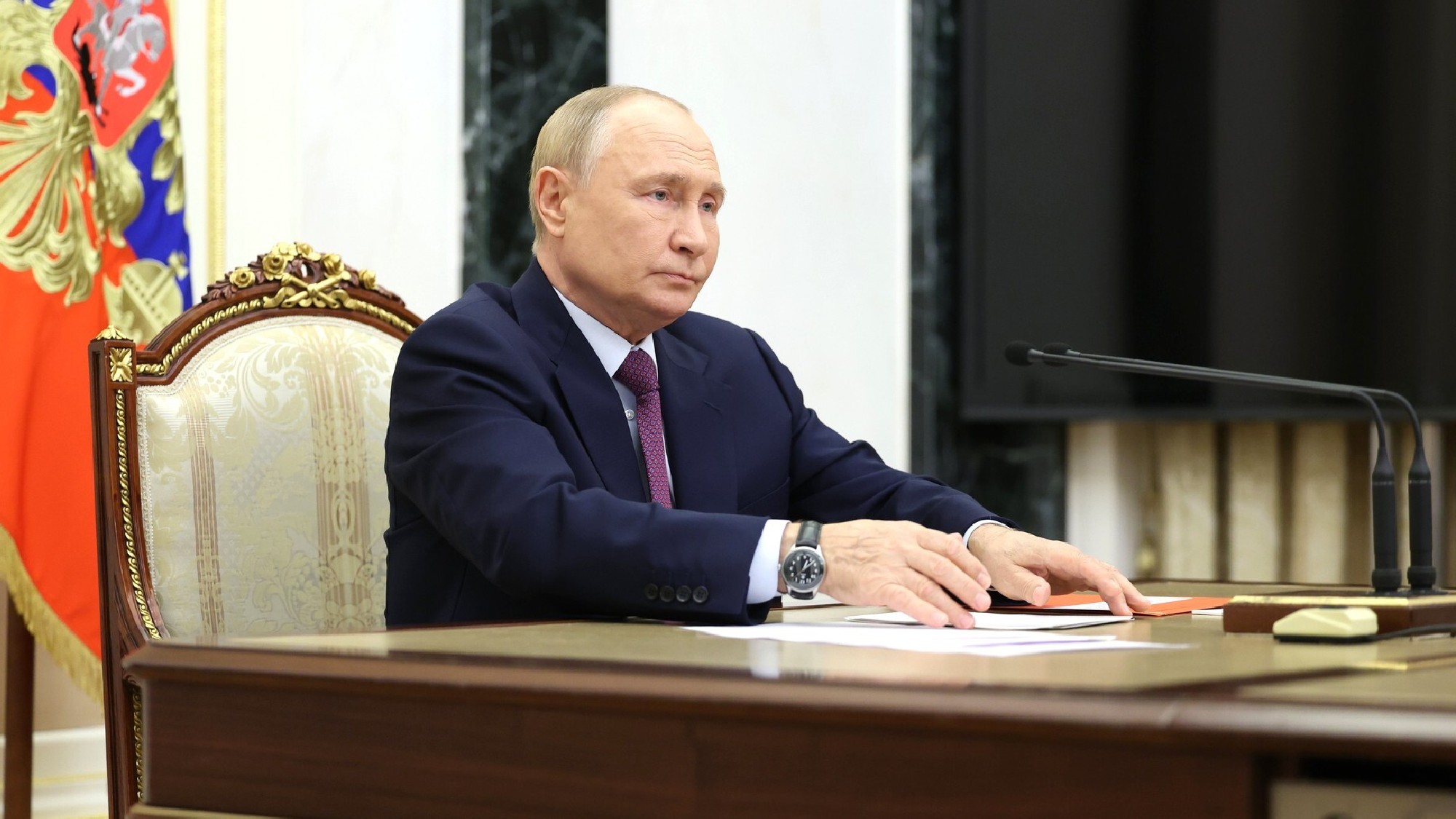 Has Putin launched the second nuclear arms race?
Has Putin launched the second nuclear arms race?In Depth Historian Serhii Plokhy explains why the Kremlin’s nuclear proliferation has begun a dangerous new era of mutually assured destruction
-
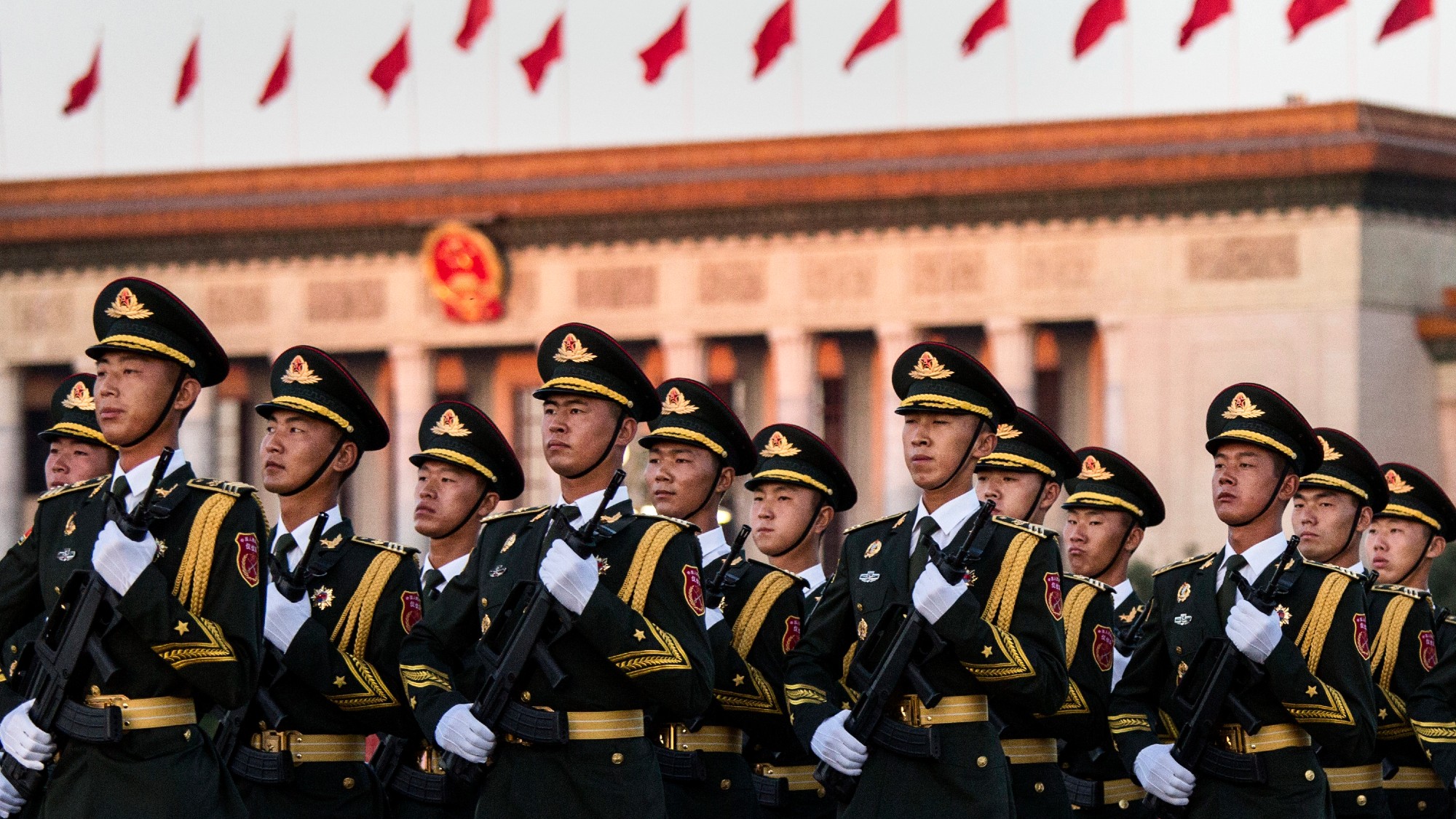 How China rewrote the history of its WWII victory
How China rewrote the history of its WWII victoryIn Depth Though the nationalist government led China to victory in 1945, this is largely overlooked in modern Chinese commemorations
-
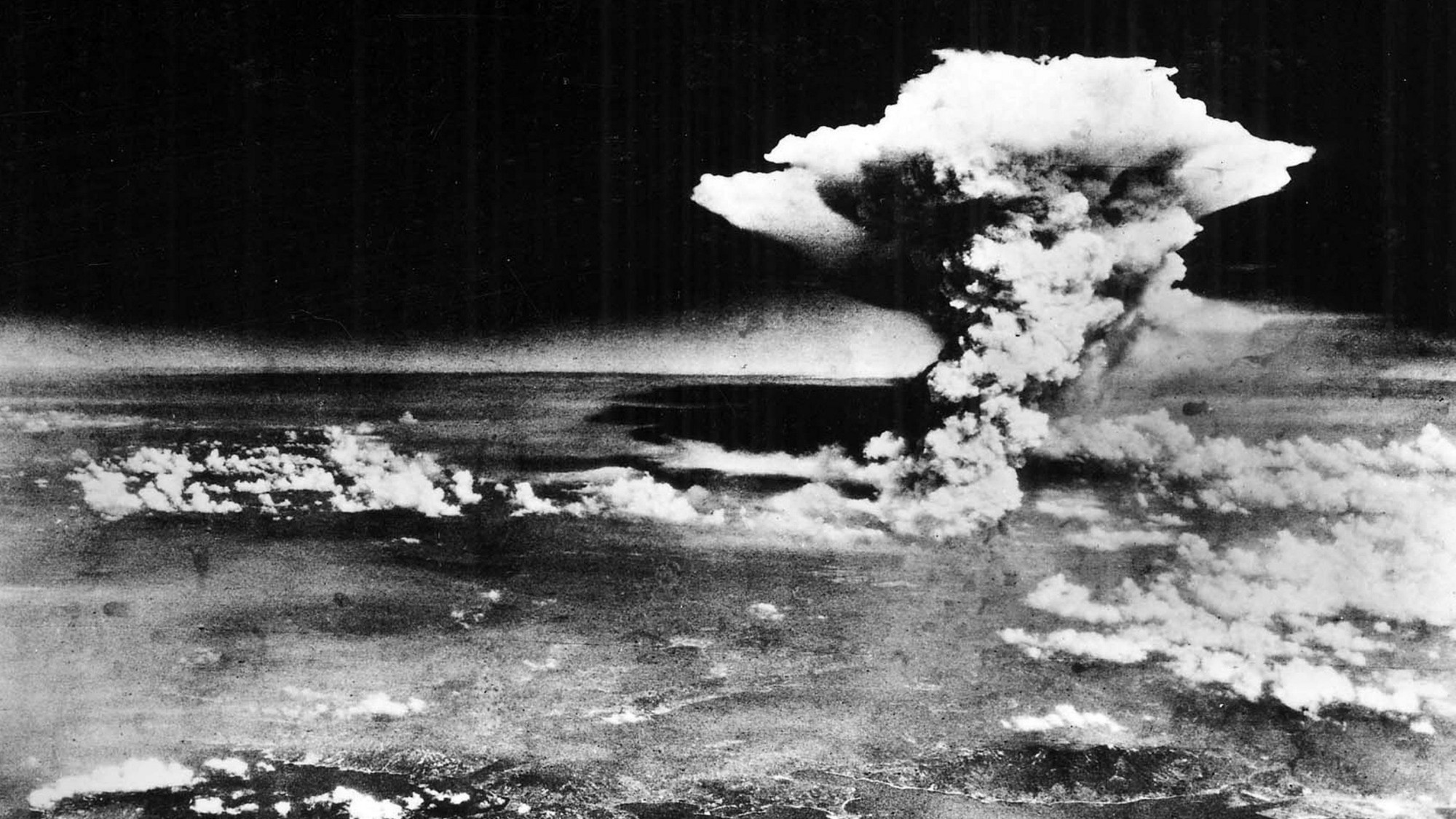 America's controversial path to the atomic bomb
America's controversial path to the atomic bombIn Depth The bombing of Hiroshima followed years of escalation by the U.S., but was it necessary?
-
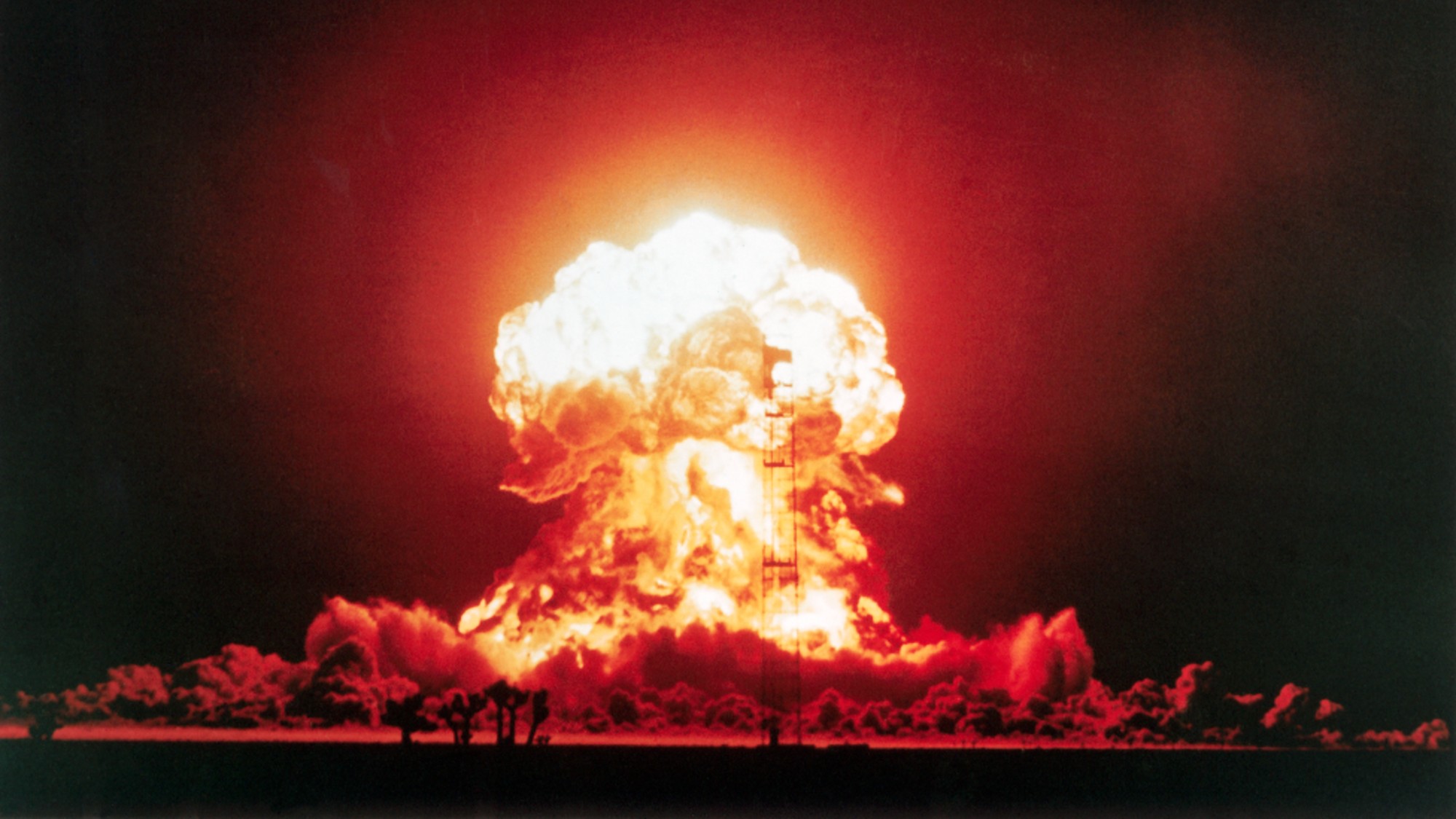 Mutually Assured Destruction: Cold War origins of nuclear Armageddon
Mutually Assured Destruction: Cold War origins of nuclear ArmageddonIn Depth After the US and Soviet Union became capable of Mutually Assured Destruction, safeguards were put in place to prevent World War Three
-
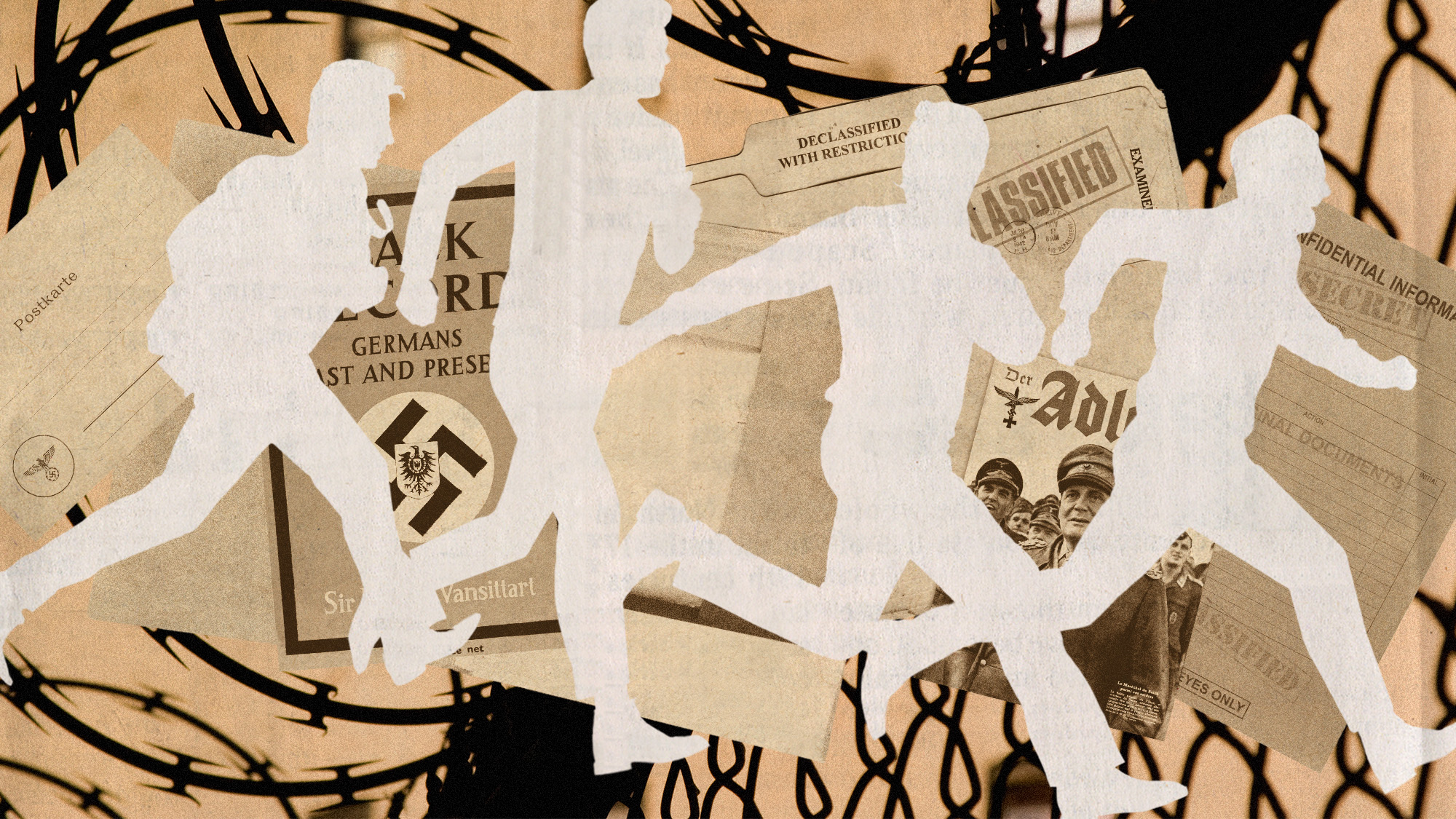 Argentina lifts veil on its past as a refuge for Nazis
Argentina lifts veil on its past as a refuge for NazisUnder the Radar President Javier Milei publishes documents detailing country's role as post-WW2 'haven' for Nazis, including Josef Mengele and Adolf Eichmann
-
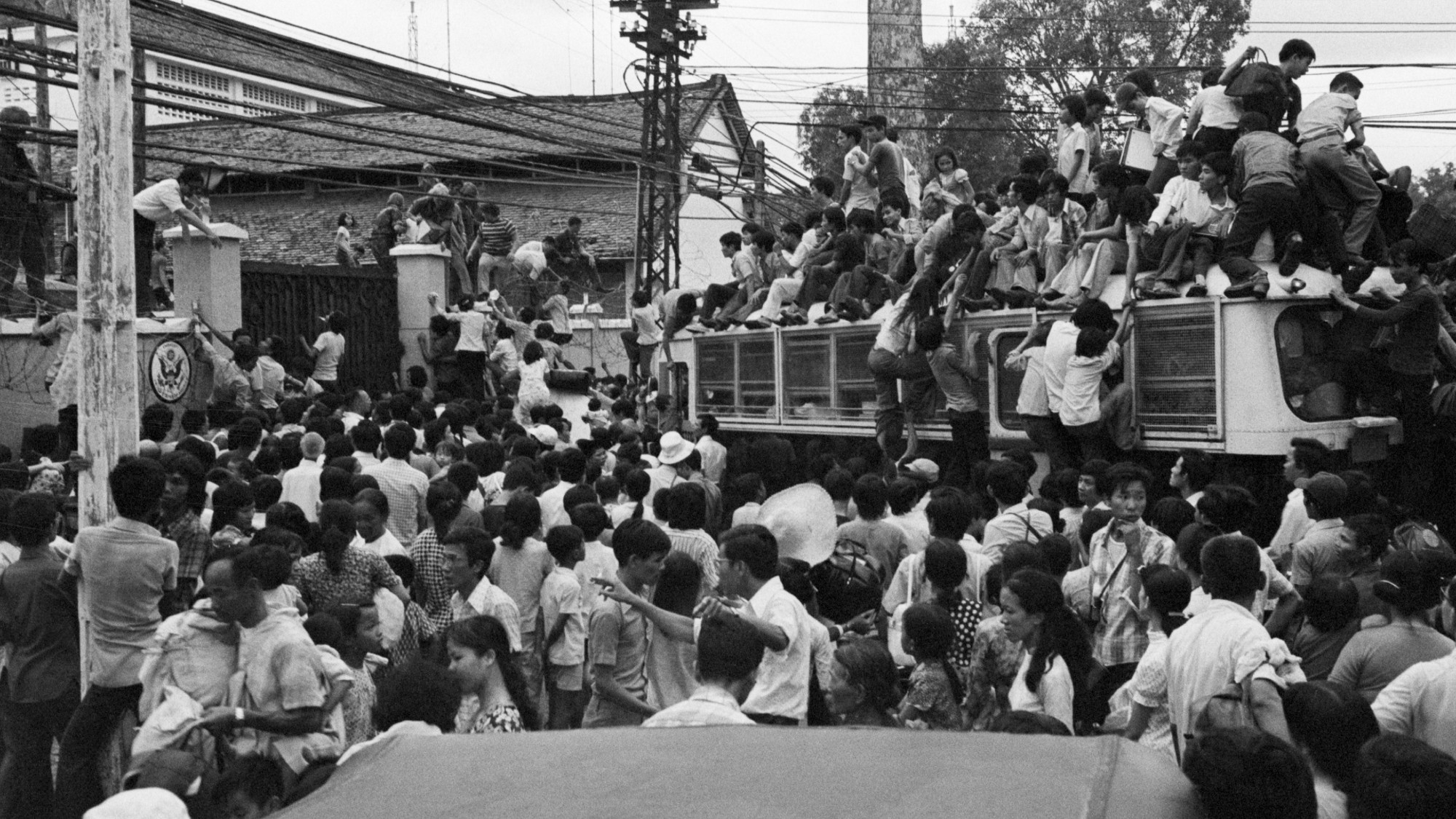 The fall of Saigon
The fall of SaigonThe Explainer Fifty years ago the US made its final, humiliating exit from Vietnam
-
 D-Day: how allies prepared military build-up of astonishing dimensions
D-Day: how allies prepared military build-up of astonishing dimensionsThe Explainer Eighty years ago, the Allies carried out the D-Day landings – a crucial turning point in the Second World War